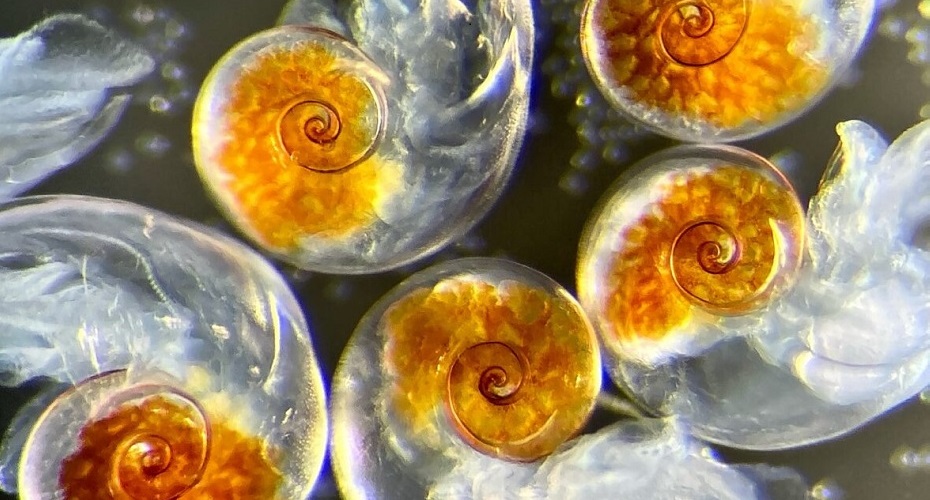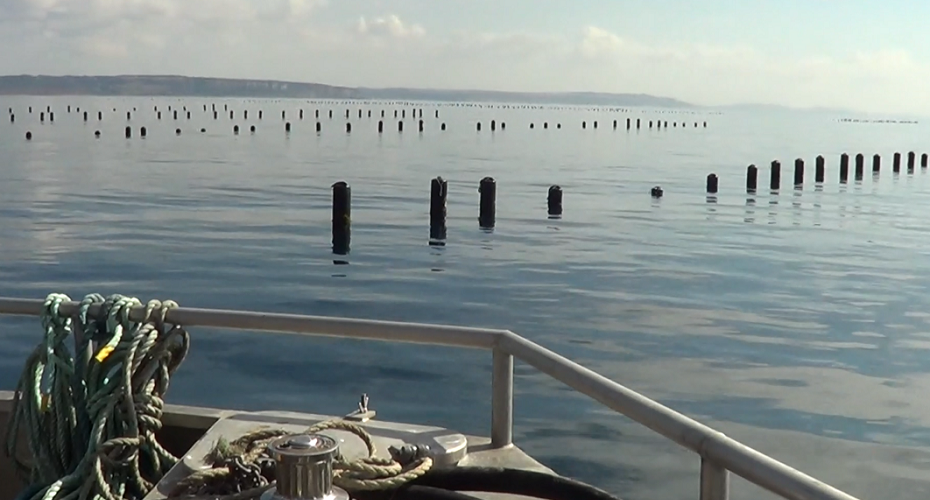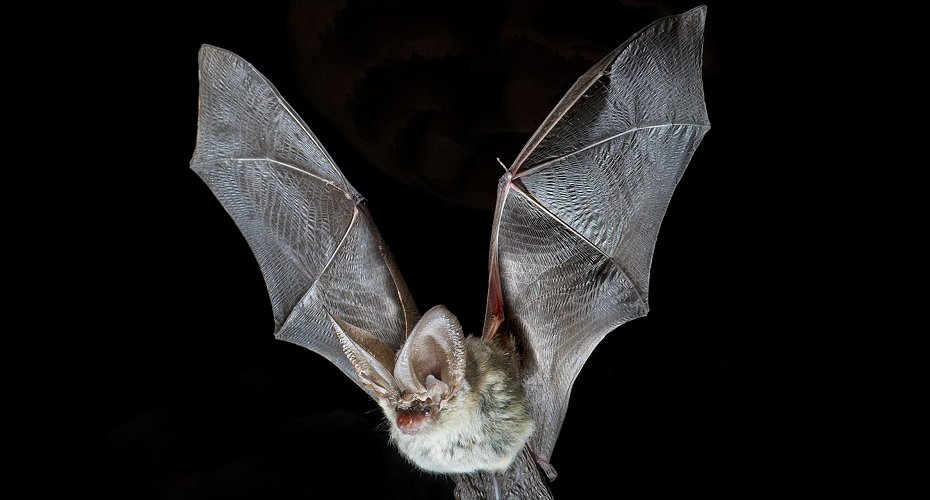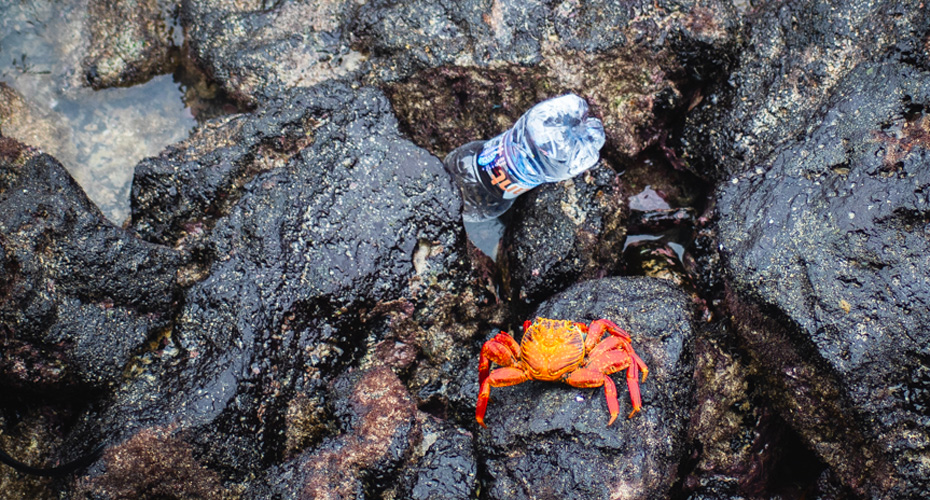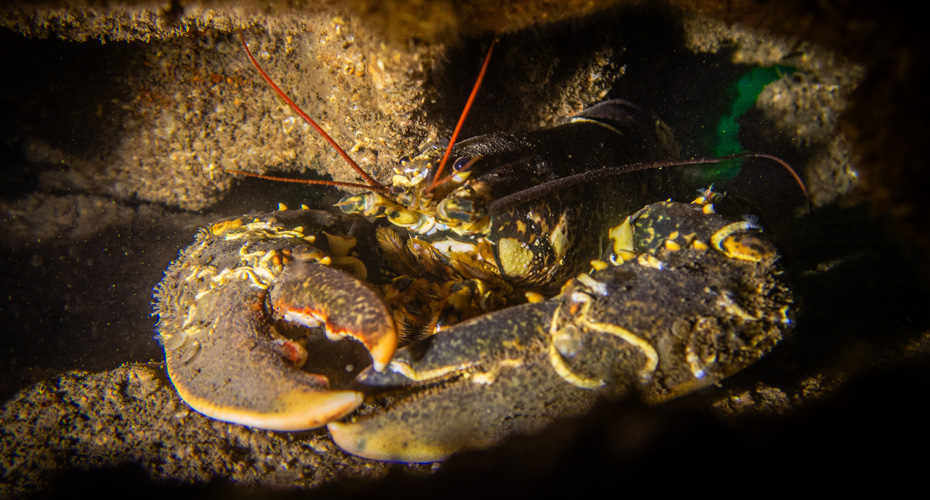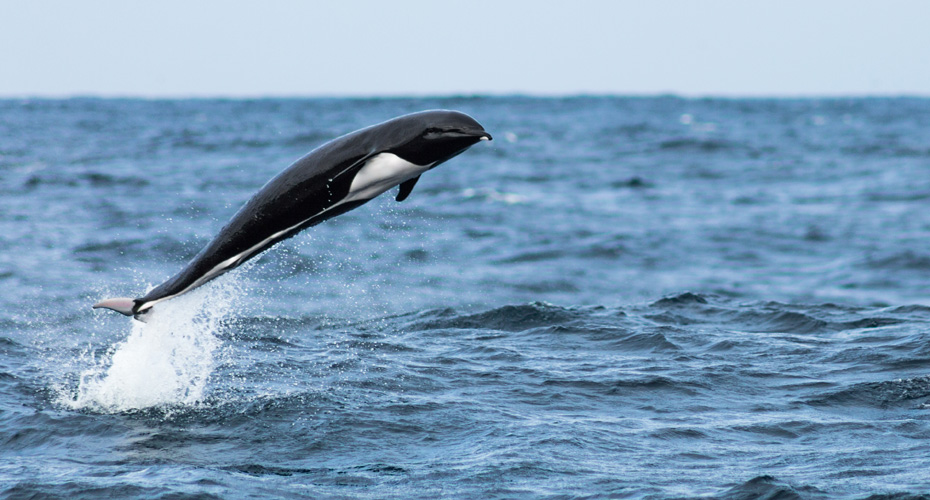Healthy and Sustainable Environments
The Healthy and Sustainable Environments (HSE) theme conducts world-leading research in environmental sciences, working across disciplines and adopting systems-wide approaches to address global challenges.
Our remit spans aquatic and terrestrial ecosystems, and our members are globally recognized for research in ecotoxicology, anthropogenic stressors, environmental genomics, bio-analytical chemistry, ecology, physiology, aquaculture, marine biotechnology, tracking animal movements, and biogeochemical cycles.
Research for a sustainable future
Research conducted within HSE directly supports environmental protection for wildlife, improved water quality and food security both in the UK and globally.
HSE members engage in diverse research to identify, understand, and solve key issues relating to food, energy, water, and climate security from local to global scales. From individual molecules at the nanoscale, through terrestrial and aquatic microbes, to megafauna and megaflora; our research on global ecosystems encompasses all the kingdoms of life to inform society and governments for a sustainable future.
Research themes
Our approaches
We investigate key areas around:
- Ecology
- Ecotoxicology
- Bio-analytical chemistry
- Physiology
- Aquaculture
- Marine biotechnology
- Environmental genomics
- Population genetics
- Bioremediation
- Environmental monitoring and carbon capture
- Plant diseases and epidemiology
- Circular economy.

